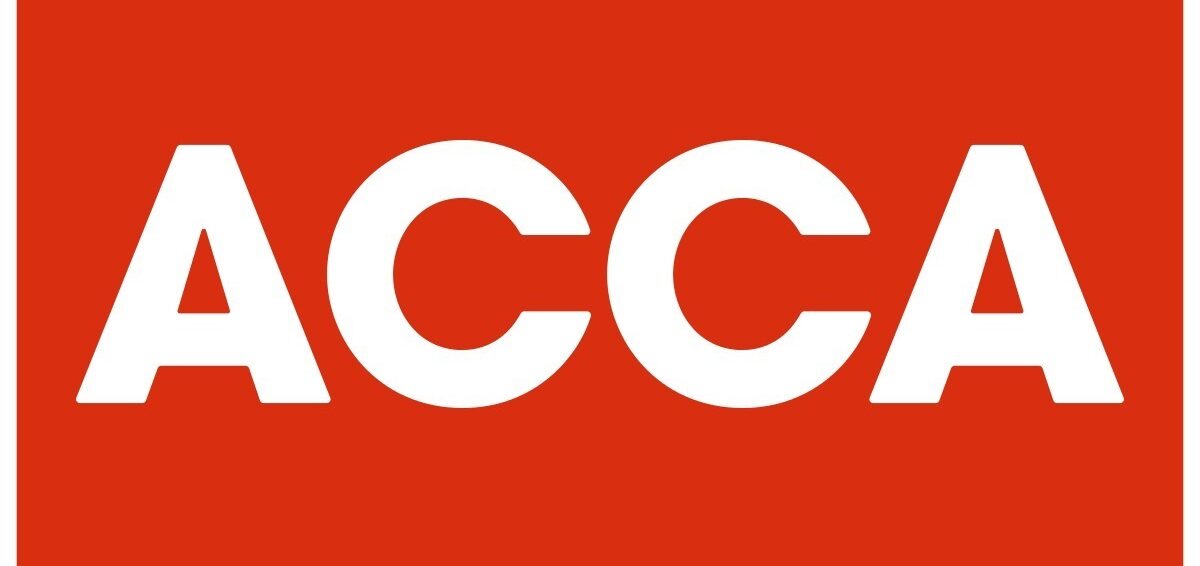By Muhammad Yasir
Startups and incubator centers in Pakistan are likely to receive funds from private equity funds and companies of more than Rs 5 billion with the Security Exchange Commission of Pakistan (SECP).
As per SECP, two private equity funds and two private equity companies were registered with the commission this year with total assets of around Rs. 5 billion and Rs. 170 million, respectively.
These companies took an interest in Pakistan; subsequently, SECP introduced regulations to streamline venture capital and private equity funding in Pakistan, and the overall ecosystem of the startups improved with success stories.
As a result of all these developments, venture capitalists are gradually picking up investment in startups in Pakistan, according to a report by the State Bank of Pakistan.
The amount of startup investment reported in 2017 was surpassed in just the first six months of the ongoing calendar year (i.e., H1-2018), indicating that a recovery in investor appetite may be underway.
SBP did not reveal the number of investments but cited the i2i Industry Insights Newsletter by Invest2Innovate.
While the amount of funding received is undisclosed for a number of deals, the disclosed investment in 2015 alone was US$ 155.4 million.
Even if some of the more significant deals in 2015 and 2016 are excluded (as outliers or one-off occurrences), these two years were quite promising, both in terms of the reported amount invested in startups and the number of deals made with investors, the report added.
The Evolving Domestic Startup Ecosystem Domestic
The startup activity in Pakistan is on the rise, partly attributed to a maturing support system. Around 52 ‘self-proclaimed’ incubation and acceleration programs exist in the country, from which 7-15 startups are graduating every year. Thus, a conservative estimate would put the number of startups that came out in 2017 alone at around 500.
In addition to incubators and accelerators, the startup ecosystem has been strengthened further by co-working spaces, fellowship programs, the growing scale of angel investment, and the launch of local chapters of global initiatives like Startup Weekend, Startup Grind, Lean Startup Machine, and Startup Cup.
Furthermore, Google Developer Group and Google Business Group meetings are now being held regularly in the country, and the launch of local chapters of the Organization of Pakistani Entrepreneurs (OPEN) and The Indus Entrepreneurs (TiE) has also added vibrancy to domestic startup activity.
Challenges For Startups
As most startups fail within the first 3 to 5 years of launch, risk is considerably high and investors can only lose all of their money if some value can be salvaged from disposal of assets. That said, the startups that do survive and successfully scale up can give an extraordinary return on investment. This extremely high risk-reward proposition means that investment in startups is typically unfeasible for conventional lenders like commercial banks.
Thus, globally, mature startup ecosystems tend to be funded by venture capital (VC), private equity funds, and angel investment. Regarding impact, domestic technology startups often hire from the local workforce and have significant operations based in the country. However, in many instances, the entities are formally registered outside Pakistan, e.g., UAE and US.
Thus, even when the startup gets some traction, its Pakistani origins may not be prominently highlighted. One of the primary reasons for this pattern is that ICT startups typically require considerable venture capital and adequate patent protection, which, despite some improvements lately, take time to acquire in Pakistan.
For Pakistani startups, raising venture capital funding in developed markets is easier than it is back home. This is primarily because venture capitalists tend to be more comfortable about their investment when the startup is incorporated in a developed economy.
Going forward, sustained efforts to improve the regulatory framework and ease of doing business, better security situation, and macroeconomic stability could inspire further confidence in investors and see Pakistan’s venture capital activity gather pace.



























































































































































































































































































